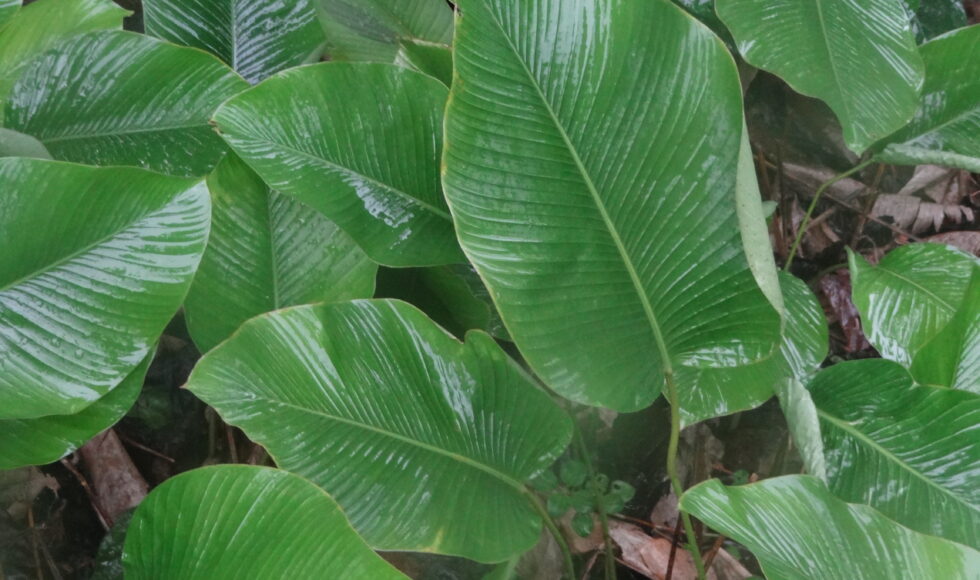How can organizations take measurable steps towards eliminating social and environmental issues, such as deforestation and labor exploitation, for more transparent and ethical supply chains?
In our webinar on March 3, 2021 leaders in satellite monitoring, stakeholder engagement technology, and agribusiness trade discuss how to establish robust ESG monitoring programs to deliver actionable insights. In this discussion, Nanne Tolsma from Satelligence, Vera Belazelkoska from Ulula and Catalina Roman from Cargill delve into the collection, integration and use of different sources of social and environmental data for better disclosure and to inform organizational strategy for more ethical and transparent supply chains.
In this webinar, you will learn:
- Innovative solutions that combine geospatial data with on the ground worker and community feedback to provide a holistic view of ESG risks across global supply chains, and how this can be applied in a variety of sectors
- How to leverage geospatial and worker feedback data for sustainability reporting and disclosure, and develop corrective plans to address any detected issues
- The business case for investing in long-term ESG monitoring programs for continuous insights and how to champion these programs internally
Speakers:
Nanne Tolsma, Head of Client Relations (Satelligence)
Nanne received his M.Sc. degree in Hydrology from VU University Amsterdam in 2016. He represents Satelligence as Head of Client Relations. He has worked for Satelligence since 2016 and started out as Liaison SE Asia in Vietnam for two years. He leads the major b2b partnerships and manages all customer-facing activities.
Satelligence
A deforestation-free commodity production is Satelligence’s mission. Founded by GIS expert Niels Wielaard in 2016, the Netherlands-based company helps clients make decisions towards sustainable sourcing of palm oil, cocoa, soy, leather and other commodities. Building on over 20 years of field experience, GIS, remote sensing and AI, Satelligence help companies reduce the amount of deforestation in their supply chains by using optical and radar satellite mapping data.
Vera Belazelkoska, Director of Programs (Ulula)
Vera Belazelkoska is the Director of Programs at Ulula where she leads the design and implementation of programs to monitor human rights impacts in global supply chains, together with partners from the public, private and civil society sectors. Since 2014, Vera has directed Ulula’s projects in the textile, mining, agriculture and electronics sector, and manages strategic partnerships with the Roundtable on Sustainable Palm Oil and Amfori. She has 10+ years of experience in international work, focusing on community engagement, financial inclusion and education in parts of Asia, Africa, Central and South America. She holds a Masters in Political Economy of International Development from the University of Toronto, and a specialization in Social Economy and Local Development from the University of Buenos Aires School of Economics.
Ulula
Ulula is an award-winning social innovation enterprise that leverages the power of technology to connect organizations with hard-to-reach stakeholders to gather key insights on human rights risks related to global business operations. Ulula is based in Toronto and New York, with projects in over 20 countries.
Catalina Roman, Sustainability Specialist LATAM (Cargill)
Coordinates implementation of Palm Global Sustainability Strategy in LATAM for Cargill Agricultural Supply Chain Business. Master in Environmental Management, with more than 12 years of experience in sustainability for different economic sectors.
Cargill
Cargill brings food, agricultural, financial and industrial products to people who need them all around the world. With 155 years of doing business, Cargill applies its expertise to serve customers and communities in 70 countries/regions, through 155,000 employees working every day to nourish the world in a safe, responsible, sustainable way.
Moderator:
Marieke Leegwater, International Programme Coordinator Palm Oil (Solidaridad Network)
Marieke Leegwater coordinates the global Solidaridad Palm Oil Program, focused on building sustainable and inclusive palm oil value chains. Within the programme Solidaridad supports farmers across all major palm oil producing regions to raise yields and cooperates with companies and other stakeholders throughout the value chain to build sustainable supply chains. Within the Roundtable on Sustainable Palm Oil Marieke co- leads the Standing Committee Smallholders and is a member of the Complaints Panel . Before Marieke joined Solidaridad, she worked for the Dutch Product Board for Margarine, Fats and Oils (MVO), the industry association of the Dutch Oils and Fats Industry. In that role she facilitated the set up of the Dutch Task Force Sustainable Palm Oil and contributed to various RSPO and RTRS Working Groups. Marieke holds a master degree in Public Law.
Solidaridad
The Solidaridad Network is an international civil society organisation founded in 1969. Its main objective is facilitating the development of socially responsible, ecologically sound and profitable supply chains. It operates through nine regional expertise centers in over 50 countries.
